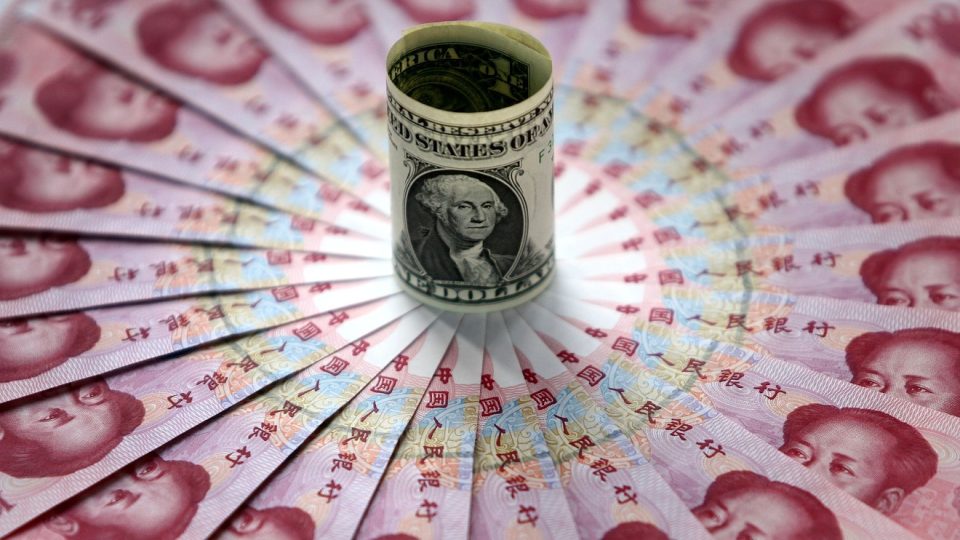On Monday, Asian shares slipped as worries about global growth extended the dollar’s gains as most major banks continued to raise interest rates. At the same time, China’s modest easing only highlighted problems in its property market.
Federal Reserve Chairman Jerome Powell made headlines for many policymakers at the Jackson Hole meeting later this week. The risk is that he will fail to satisfy investors’ hopes for a dovish policy turn.
Futures are fully priced for another hike in September, with the only question being whether it will be one of 50 or 75 basis points, with rates seen at 3.5% to 3.75% by the end of the year.
A Reuters poll of economists predicts the Fed will raise interest rates by 50 basis points in September, with risks tilting toward a higher peak.
The one exception to the tightening trend is China, where the central bank cut some key lending rates by 5 to 15 basis points on Monday to support a slowing economy and the property sector under pressure.
Concerns about the Chinese economy pushed the yuan to a 23-month low while dragging down regional stocks. MSCI’s broadest index of Asia-Pacific shares outside Japan fell a further 0.7%, while China’s blue-chip shares fell 0.1%.
South Korea’s Kospi lost 0.7%, and Japan’s Nikkei lost 0.6% but found support from a recent sharp reversal in the yen.
EUROSTOXX 50 futures were down 0.3%, while FTSE futures edged lower. S&P 500 futures fell 0.4% and Nasdaq futures fell 0.5%. The S&P 500 has repeatedly failed to break above its 200-day moving average near 4,320, closing the week down 1.2%.
The latest Bank of America survey of investors found that while 88% expect inflation to fall over time, the majority remain bearish, the highest percentage since the financial crisis.
“That helps explain the shift to equities, tech and discretionary stocks this month, and for defensive reasons,” said Bank of America strategist Michael Hartnett. “Investors remain bullish defensively and bearish cyclical relative to history.”
He remains cautiously bearish given rising interest rates and recommends further gains for the S&P above 4,328.
Last week’s sharp rise in global bond yields did little to help equity valuations. UK 10-year bond yields posted their biggest gain in five years after a worrying inflation report, while German bund yields jumped as producer prices rose sharply.
The US 10-year Treasury yield rose 14 basis points this week and was last at 2.99%, while the curve remained deeply inverted to reflect the risk of a recession.
The general sentiment of global uncertainty tends to boost the greenback as the most liquid haven, pushing the greenback to 108.22 against a basket of currencies. It rose 2.3% last week, its best performance since April 2020.
The dollar was steady at 137.27 yen, up 2.5% last week, while the euro struggled at $1.0028 after falling 2.2% last week.
Given the ECB’s decision to raise interest rates by 50 basis points, the minutes of the last ECB policy meeting due this week may sound hawkish.
The dollar’s rise was a setback for gold, trading at $1,746 an ounce. Concerns about global demand and a stronger dollar also weighed on oil prices. Brent crude fell $1.23 to $95.49, while US crude fell 99 cents to $89.78 a barrel.
 Live
Live

